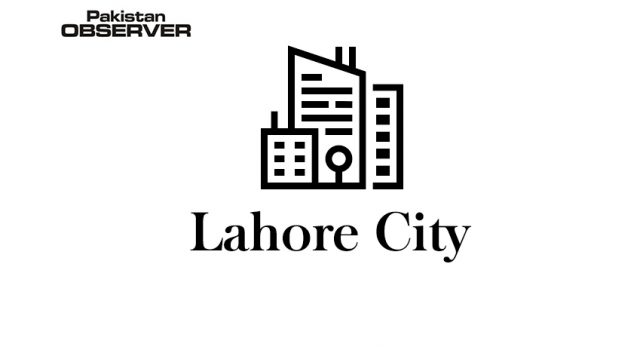Air Vice Marshal Aftab hussain HI (M), Knight
World Thalassaemia Day is observed on 8 May globally. The day is focused upon creating awareness about thalassaemia, its prevention, and measures to avoid its transmission among people.
The day is observed to draw the attention of all policy/decision makers, health professionals, patients and their families and public at large.
The theme for Thalassaemia Day 2021 is:
“Addressing Health Inequalities across the Global Thalassaemia Community”
Thalassaemia is a hereditary blood condition which is caused when the body is not capable of making enough of a protein called hemoglobin, an important part of red blood cells.
If a body doesn’t make enough of hemoglobin then the red blood cells don’t work properly in carrying oxygen to all the cells of the body. Not getting enough of oxygen in the body leads to short of breath and tiredness.
In cases where only one of the parents is a carrier of thalassaemia, one may develop the disease called thalassaemia minor. In such cases, no treatment is required.
If both the parents are carriers of thalassaemia, the child has 25 per cent chances of inheriting a serious form of the disease.
Thalassaemia major requires regular blood transfusions and iron Chelation therapy for an improved life and enhanced survivability.
The cost of treatment of Thalassaemia is enormous. The blood screening, sampling, transfusion, iron Chelation therapy and various tests undertaken for medical investigations entail heavy expenditure.
The presence of a chronic disease like thalassaemia places tremendous psychosocial and economic impact on patients and their families. The average life of a thalaessemic mostly ranges between 20-25 years.
Pakistan is amongst the highest Thalassaemia burden countries in the world. There are an estimated 10 million Thalassaemia Minor and one million Thalassaemia Major Patients in the country.
The number of Thalassaemia Major in the country is increasing by another 5000 every year.
It is estimated that, on an average, Pakistan requires around 3000-4000 units of blood every day.
It is estimated that at least one third of all the blood transfusions in Pakistan are used for Thalassaemia patients.
National Assembly has passed a Thalassaemia Prevention Bill to screen the couples before marriage in affected cases and undertake extended family screening in general.
Similar legislations have been enacted in some provinces but Thalassaemia continues to persist since no implementation mechanism has been defined.
There are very few NGOs like Sundas Foundation, Fatmeed etc which are playing a significant role in offering free-of-cost blood and blood products to thalassaemia patients.
The Govt. needs to accord due priority towards the menace of thalassaemia to provide free treatment and prevention services to thalassaemia patients at provincial level.
There is a dire need to undertake a well-planned mass awareness campaign regarding Extended Family Screening with special regards to the relatives of families having a thalassaemia child.
The efforts must be made to offer Genetic Counseling to stop its transmission from one generation to another and to undertake prenatal diagnosis at a large scale to risk couples so as to prevent the birth of affected children.
We desperately require volunteers like Late Munno Bhai Hilal-e-Imtiaz who kept striving hard for the cause of children suffering from “Thalassaemia”.
The treatment is the only thing you can offer to thalaessemic children for improved life however; we must t stop those Thalassaemics who have not borne as yet.
The public and private sector must endeavor to ensure ‘Thalassaemia Free Pakistan’.










